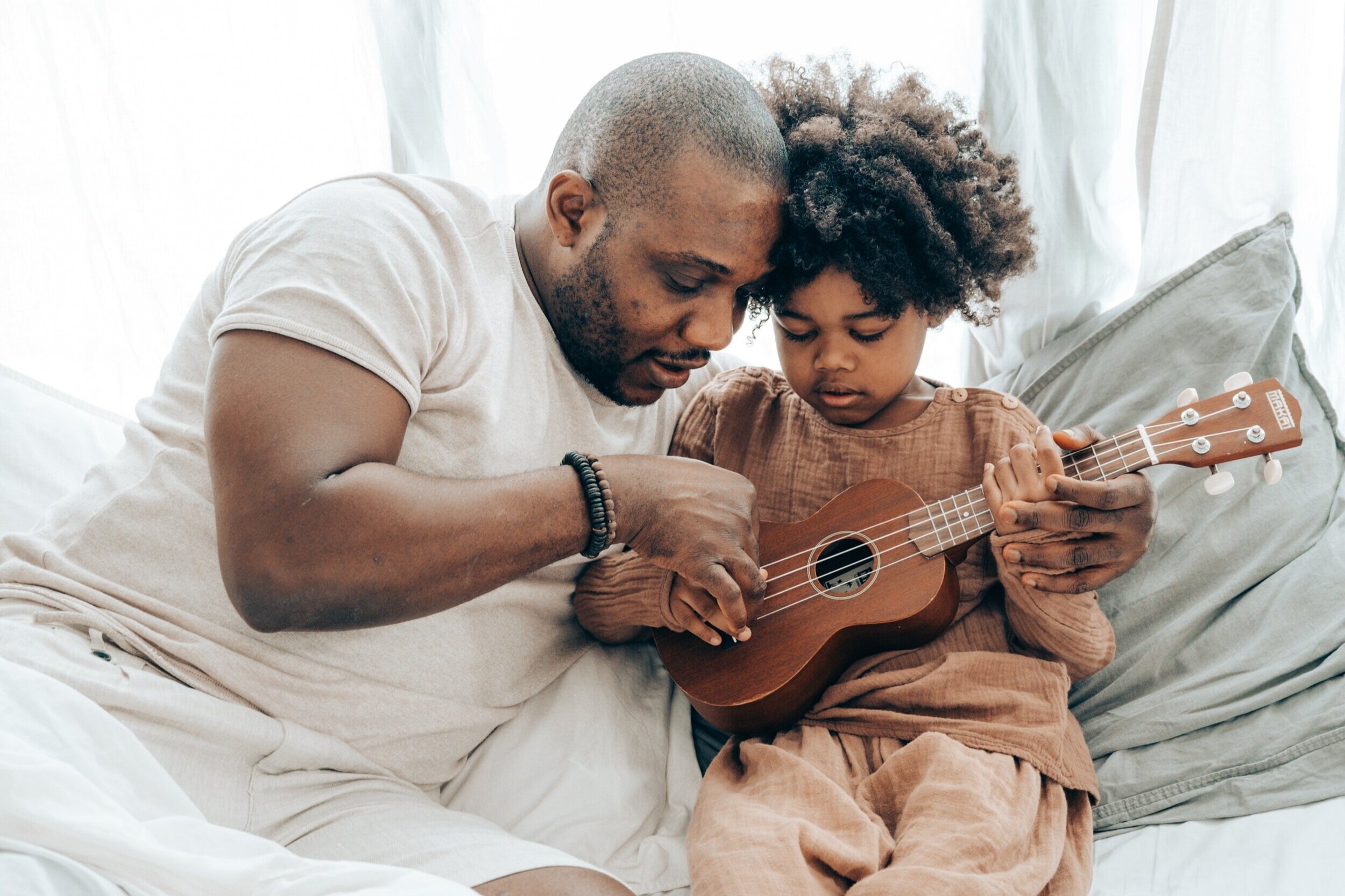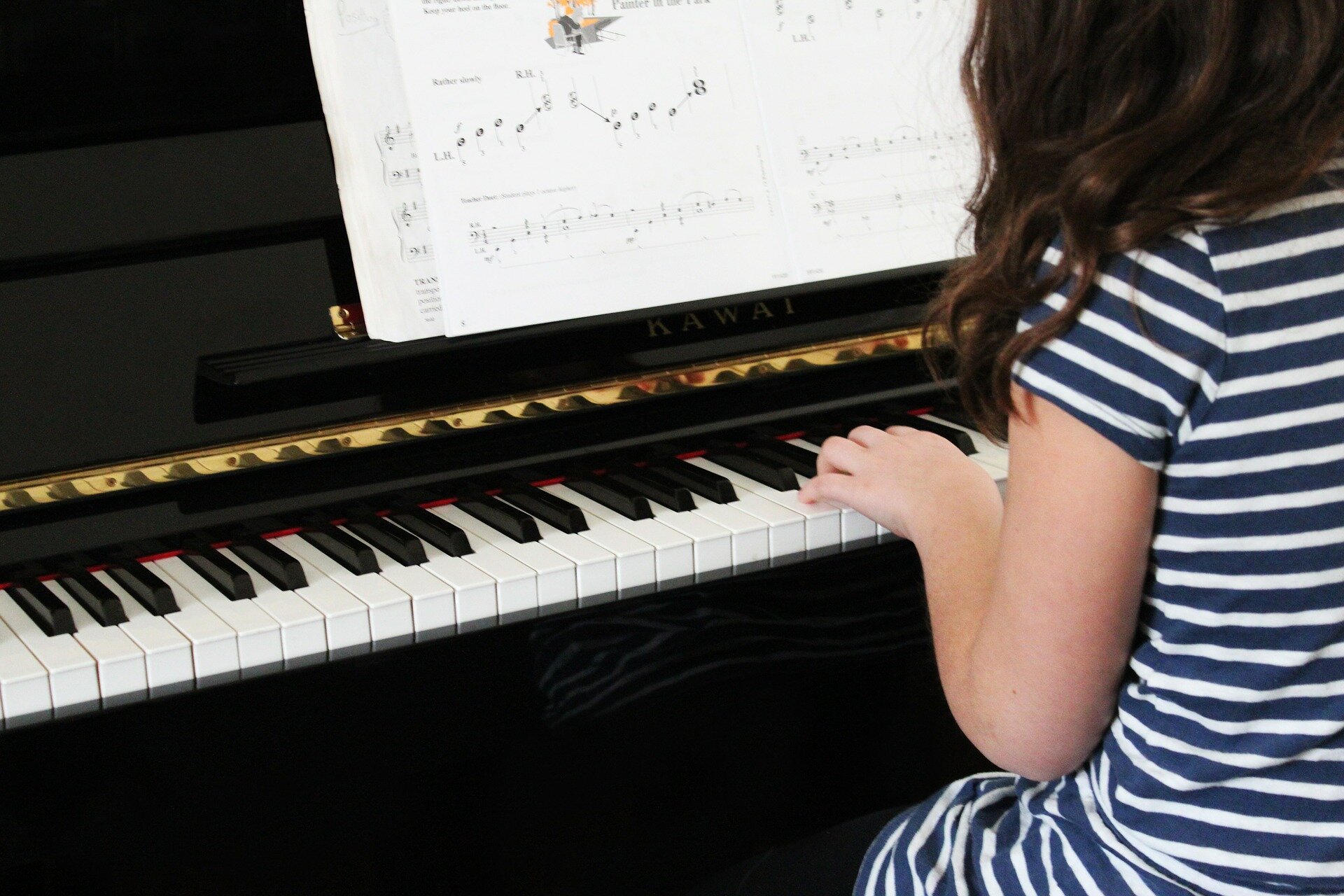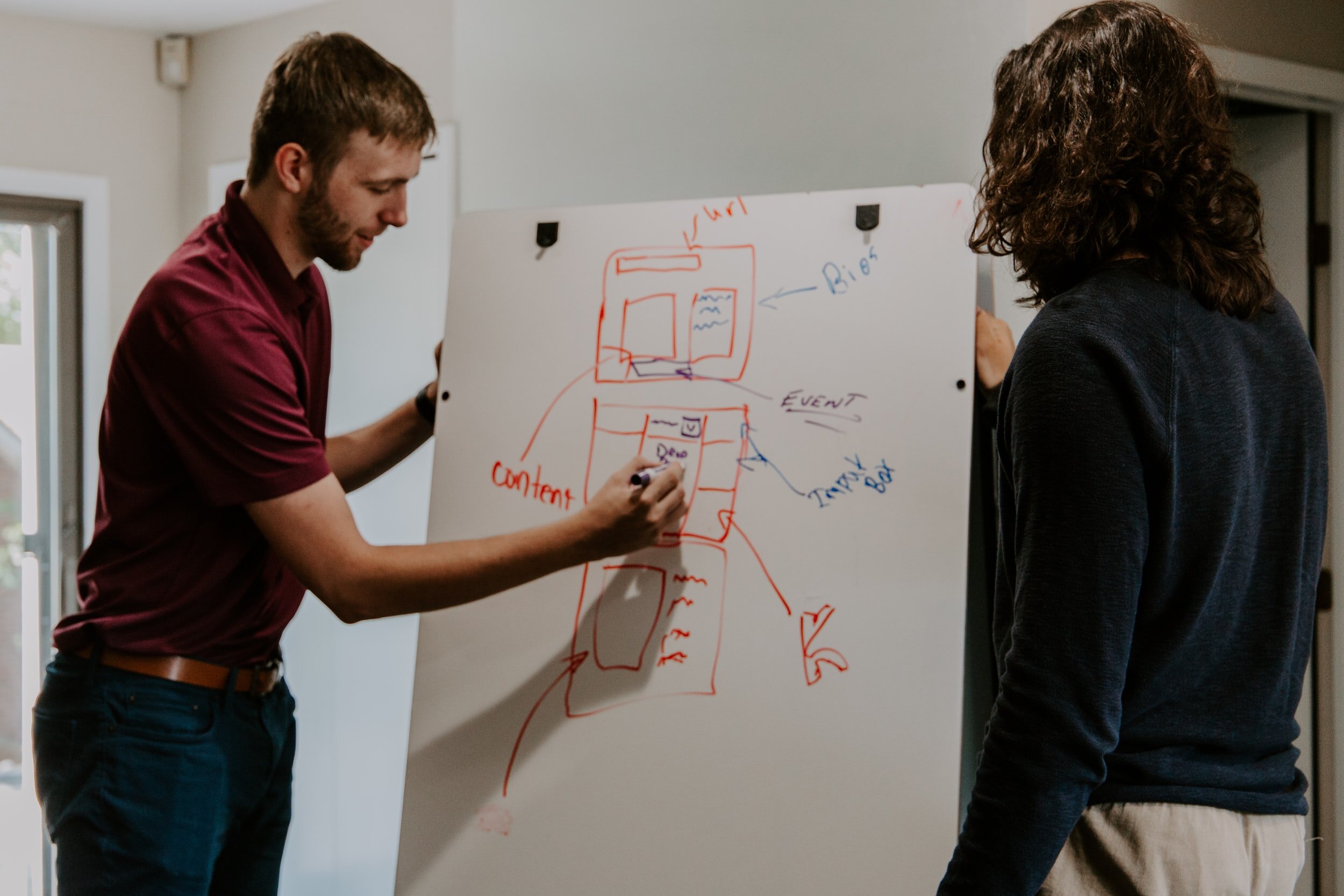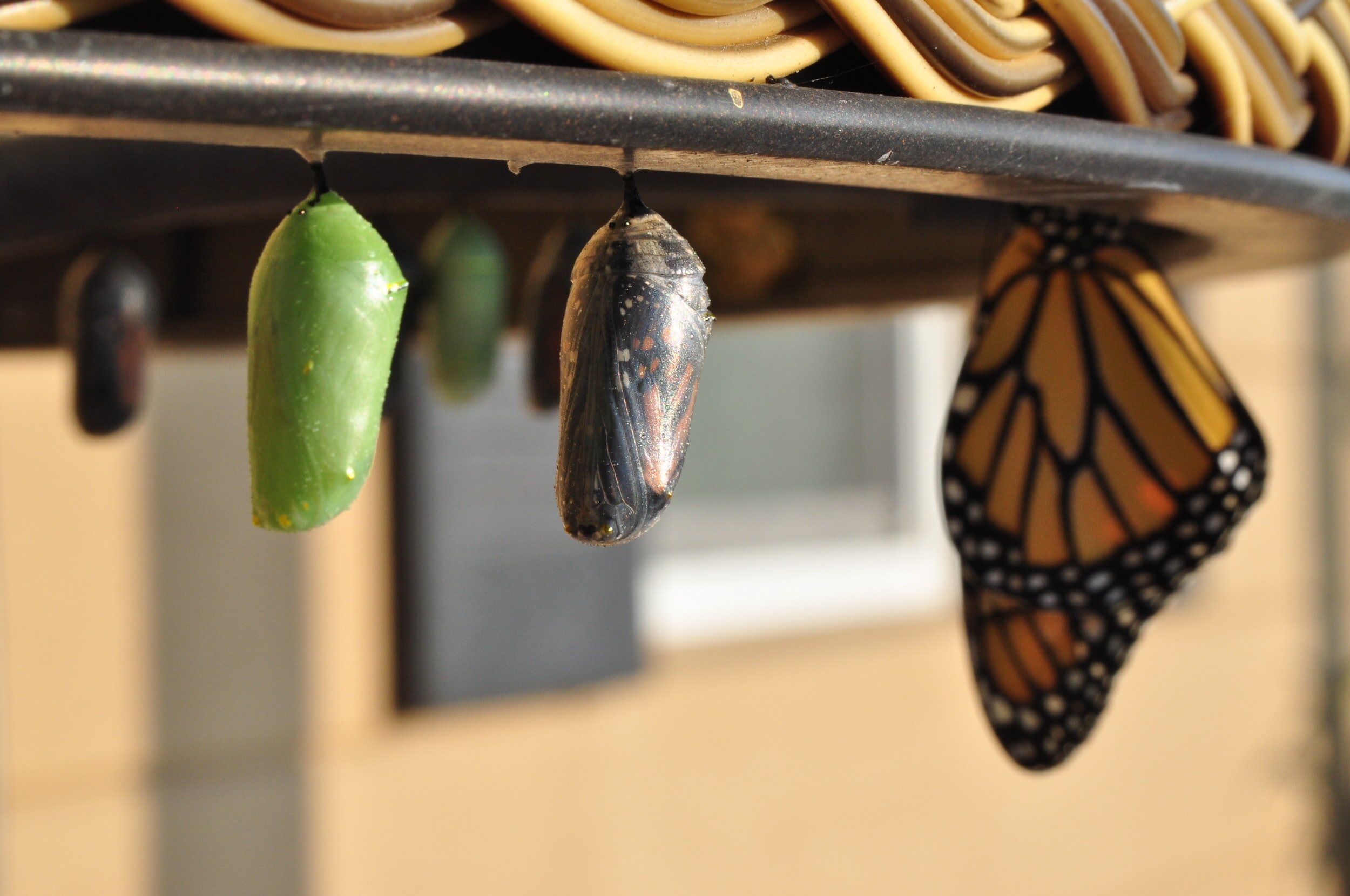Labyrinth Music Blog
Meditations on Learning and Loving Music

Benefits of musical cross-training
One of the best things you can do for your development as a musician is to study more than one instrument. Here’s what you can achieve with music study in a secondary subject.

8 things parents need to know before starting music lessons
Whether your child will be learning singing, piano, or another instrument, getting started can be a little intimidating if you’re not sure what to expect. Here are eight things you should know before your child’s first music lesson.

6 things you need to know before starting music lessons
Want to take voice or piano lessons, but not sure what you’d be getting into? Let me give you some pointers, based on my experience taking and teaching music lessons. These are six realities of taking music lessons that you’ll want to know about before you start.

Don't let other people determine your limits
Are some people too un-talented to make music? No! No matter what you’ve been told, you don’t lack the capacity to learn to sing or play an instrument. Yet so many of us believe we are incapable of becoming musicians...

11 ways to be a supportive music parent
Do you want to support a young music student in your life, but you’re not sure what to do? Here are 11 ways you can help them.

The importance of doing a bad job
Almost no one likes being a beginner. It’s especially embarrassing if you’re at all perfectionistic. When you can’t seem to get started, make the process the goal. (Featuring a peek into my writing method.)

Being sure, being ready
Practicing is a hot topic among musicians. It’s relevant to everyone, musician or not, because we all practice things. We all prepare, in some way, when we want to be ready for something. But what does it take to be truly ready?

Signs you should let your kid quit lessons
Ever ask yourself, “Is this a sign that my kid should quit music lessons?” Let me answer that question for you.

The Musician’s Two Modes
There are two mental modes every musician can use: Learning Mode, and Expression Mode. The best musicians can easily access either mode and use both modes equally to learn music effectively and perform joyfully. How can you be like them?

How soon will I see results from my music lessons?
How long do you have to take music lessons to see results? I don’t think sounding amazing as quickly as possible should be your biggest concern, but I'll give you a timeline anyway!

You don’t need musical talent
Music doesn’t come from some mystical source called "talent" - it can be learned, and it can be learned by anybody. Being talented, or the idea of being talented, can actually get in your way!

Difficult student, don’t change
Do “difficult” students resist instruction just to be difficult, or are they responding to their own feelings? Here’s why I’d rather let my piano students learn more slowly than teach them to ignore how they feel.

Singers aren’t real musicians?
It's a myth, but why do people believe it? And what should voice teachers do about it?

My first recital
Every professional musician had a first recital, and today I want to tell you about mine. Spoiler alert: it didn’t go great.

8 practice hacks for effective, low-stress music learning
Don’t waste time and effort practicing ineffectively - try these tips to get more out of your music practice time and see faster results.

Learning unfamiliar music in lessons
Lots of piano and voice students initially turn up their nose at unfamiliar pieces. Here’s what I say when I ask them to give a new song a chance.


Writing reviews for music teachers
If you’re going to write a review for your teacher, on behalf of all teachers I would like to thank you!! We really appreciate you putting in the time and effort to write informative and helpful reviews. Teaching professionals need your specific, personal, and honest reviews to stay in business. If you follow these guidelines, your teacher and their future clients will thank you.

